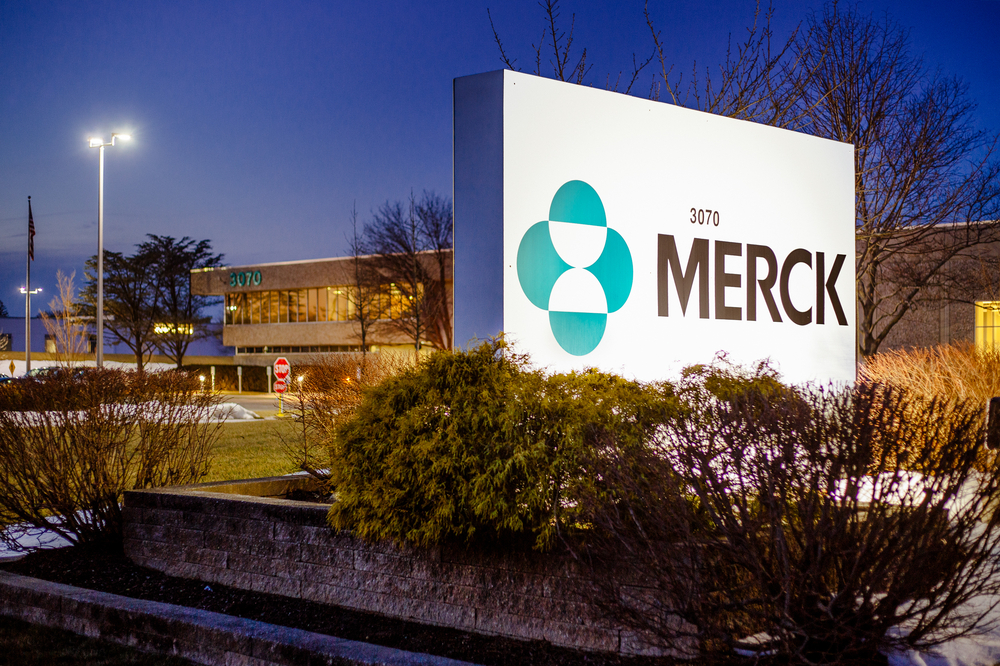
Source: Shutterstock
Merck announced on Thursday that its blockbuster cancer drug Keytruda missed the primary endpoint in a phase III study.
Investigators were testing the checkpoint inhibitor as a potential second-line treatment for patients diagnosed with advanced gastric or gastroesophageal junction adenocarcinoma whose disease progressed after first-line treatment with platinum and fluoropyrimidine doublet therapy.
Results from the study indicated the drug failed to meet the primary endpoint of improving overall survival in patients whose tumors expressed PD-L1. Also, the data did not show a statistically significant improvement in progression free survival in the PD-L1 positive population.
“We remain committed to the continued study of KEYTRUDA for gastric cancers and finding new options for patients facing this difficult-to-treat cancer type across various treatment settings,” said Merck’s Dr. Roy Baynes, the senior vice president and head of global clinical development, chief medical officer, Merck Research Laboratories, in a statement. We want to thank the patients and investigators for their participation in this study and we look forward to sharing the full results from KEYNOTE-061, which will provide the medical community with important information about how patients with gastric cancer whose tumors express PD-L1 respond to treatment.”
Merck said it would continue to test Keytruda in two other late-stage gastric cancer studies, according to Reuters.
The Food and Drug Administration had approved Keytruda earlier this year as a third-line treatment for gastric cancer patients who showed no response to two or more prior lines of therapy.
Keytruda is approved for other types of cancers like metastatic urothelial carcinoma, classical Hodgkin lymphoma, and advanced melanoma.
Filed Under: Drug Discovery




